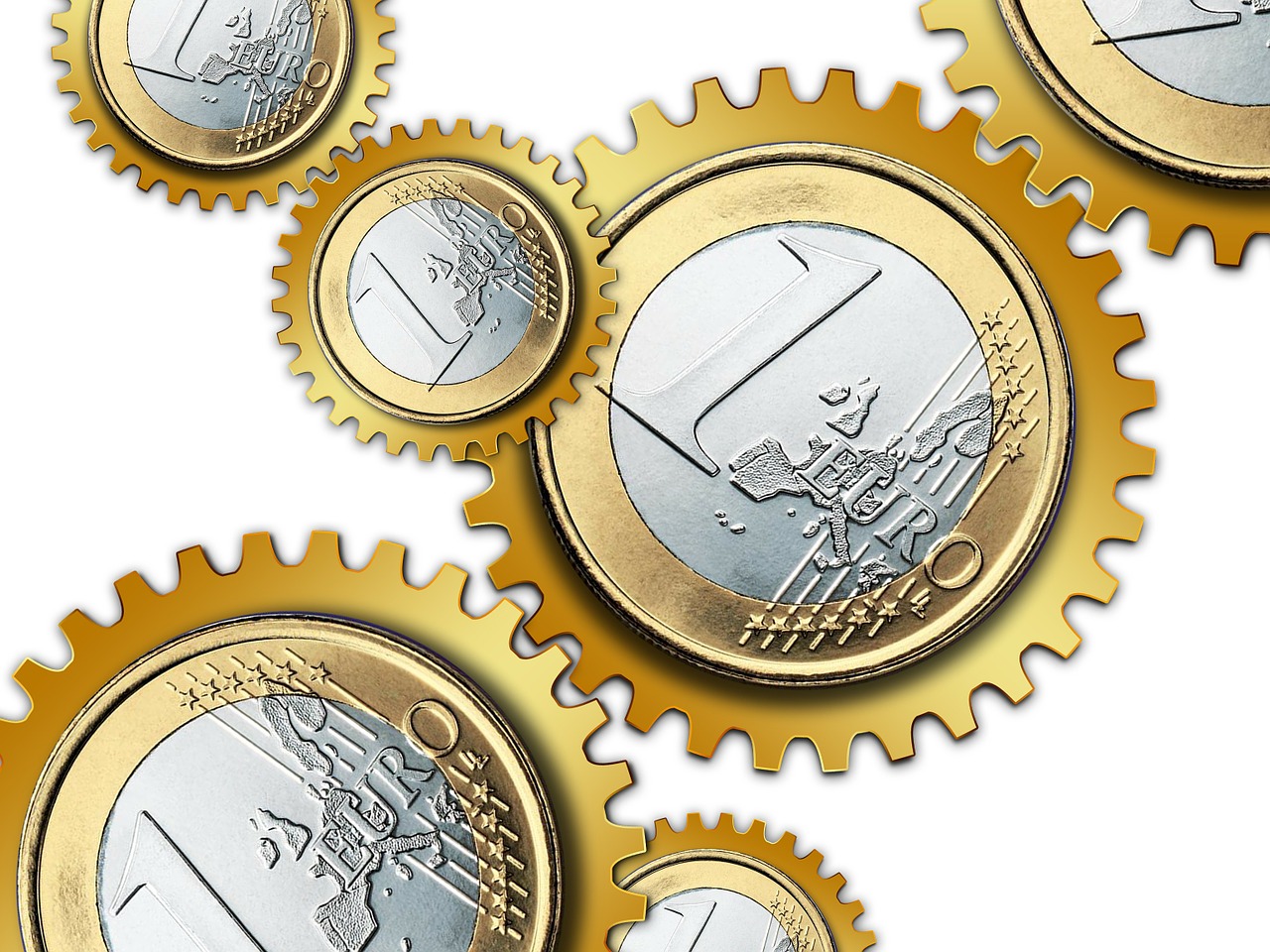BofAML _ perspectivas semanales para Europa
Redacción - Lunes, 27 de Marzo Europe Economic Weekly: Timing is of the essence • We think rates will stay put in 2017. If outlook risks fully balance, the ECB could drop the "lower" already in June. - By September when discussing QE ECB would need to signal the possibility of a reversal, which would materialize in 2018. • UK: We raised our inflation forecast 10bp to 3.2% peak in October. We now see BoE rates on hold for the next two years.
Europe Economic Weekly: Timing is of the essence • We think rates will stay put in 2017. If outlook risks fully balance, the ECB could drop the "lower" already in June. - By September when discussing QE ECB would need to signal the possibility of a reversal, which would materialize in 2018. • UK: We raised our inflation forecast 10bp to 3.2% peak in October. We now see BoE rates on hold for the next two years.
This week we take a deep look at the depo rate controversy and whether it should/could be hiked before QE ends. Our answer is perhaps, but it requires the correct timing and packaging. You could justify it by saying it didn't deliver what was expected in terms of improved macro outlook: we were at the point in which cutting rates were counter-productive. A refined version of that is that even if the central bank was correct before, but as the cost of negative deposit rate rises as QE lasts, this would not be the case if QE continues. There could be a sound justification for raising the deposit rate only if QE continues after the current "soft deadline" of December 2017. Still, communication would be very tricky and the point in the cycle does not justify any move now. We thus think that policy rates will stay on hold in 2017. By September, when discussing potential continuation of QE, the ECB would need to signal the possibility of a reversal in the sequencing (as long as QE is extended) and would only materialize in 2018.
In our weekly view we argue nominal activity has probably peaked this year. We take another look at the signals from PMIs. We also argue that some of the downside risks we have highlighted before for inflation in the short run are already materialising. We now expect Euro area inflation at 1.7% in March (1.68). In our hot topic we tackle whether the recent behaviour of oil prices and uncertainty over fiscal impulse in the US could throw the recovery of inflation into doubt. We argue that the progressive closure of the output gap should ensure a modest pick-up in global core inflation, i.e., inflation should continue to recover once any potential temporary shock fades.
This fits well with what we saw in the UK this week. Inflation surprised on the upside with the surprise being in core inflation. This is sterling's doing and that is now spreading to other goods, a process that should continue through this year. Together with a more hawkish BoE last week, it means we dropped our forecast for the BoE to cut rates again. Instead we now see BoE rates on hold for the next two years. Rate hikes still look unlikely to us because we expect growth to slow markedly. But the BoE signalled they are running out of patience: August could be a 'live' meeting if the economy holds up.
[Volver]
- “No tengo la habilidad de hace 30 o 40 años para disparar certero a un valor”
- Banco Sabadell rechaza la oferta de fusión de BBVA
- La asignación de los inversores extranjeros a las acciones estadounidenses es actualmente tan extrema como lo era en el pico mismo de la burbuja tecnológica
- “Por cada dólar invertido en combustibles fósiles, se están invirtiendo actualmente $1,7 en energías limpias”
- Las tasas de morosidad de las tarjetas de crédito en Estados Unidos se encuentran ahora en su nivel más alto registrado, según la Reserva Federal de Filadelfia
- La tasa de ahorro cae al 3,2% desde el 3,6% y desde el 5,2% de hace un año. Mientras tanto, los saldos de las tarjetas de crédito están en su punto más alto
- La asignación de los inversores extranjeros a las acciones estadounidenses es actualmente tan extrema como lo era en el pico mismo de la burbuja tecnológica
- Las tasas de morosidad de las tarjetas de crédito en Estados Unidos se encuentran ahora en su nivel más alto registrado, según la Reserva Federal de Filadelfia
- “No tengo la habilidad de hace 30 o 40 años para disparar certero a un valor”
- Los fondos de acciones de China registraron su mayor entrada en 8 semanas, lo que indica una sensación predominante de optimismo entre los inversores con respecto a las acciones chinas
- Las asignaciones de efectivo de los gestores de fondos y los mínimos de varias décadas, lo que normalmente no es una buena señal para la rentabilidad de los activos en el futuro
- La tasa de ahorro cae al 3,2% desde el 3,6% y desde el 5,2% de hace un año. Mientras tanto, los saldos de las tarjetas de crédito están en su punto más alto








